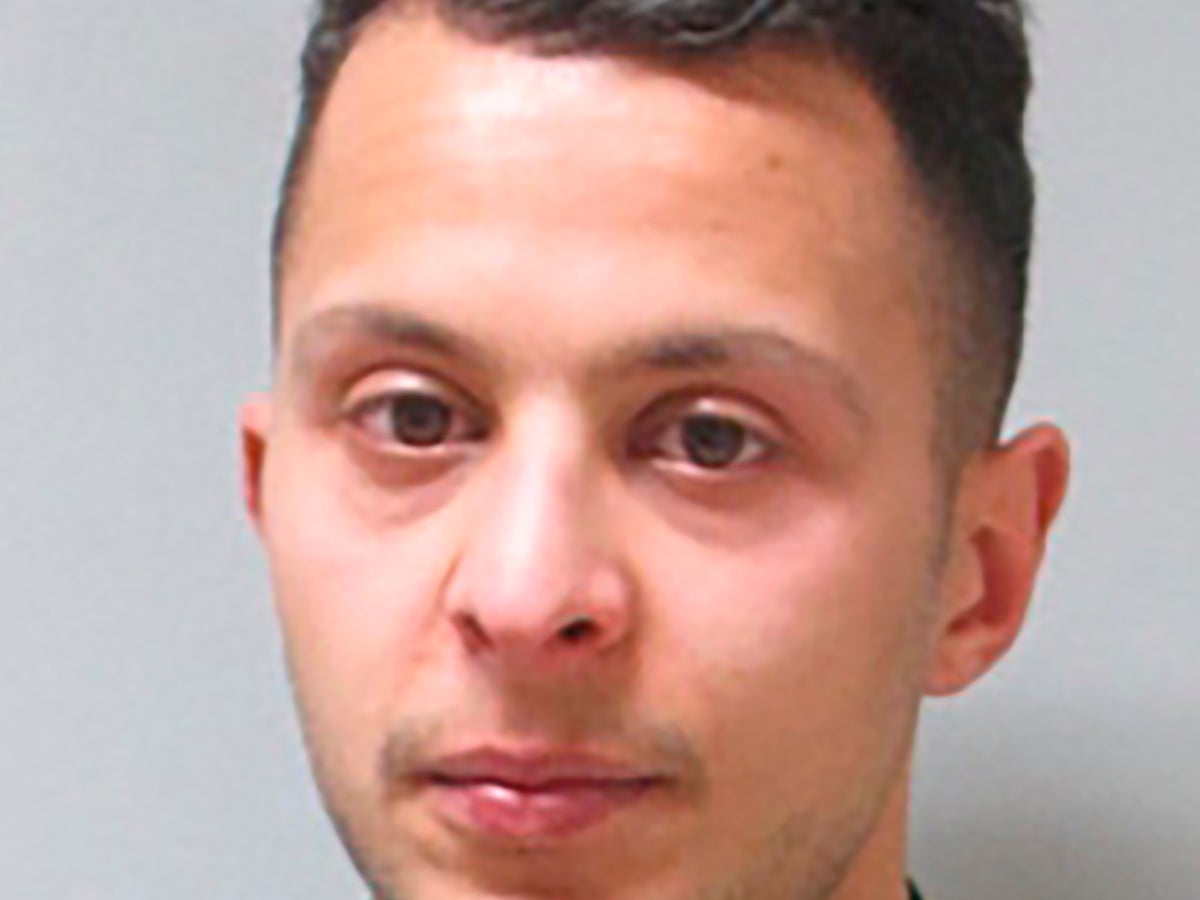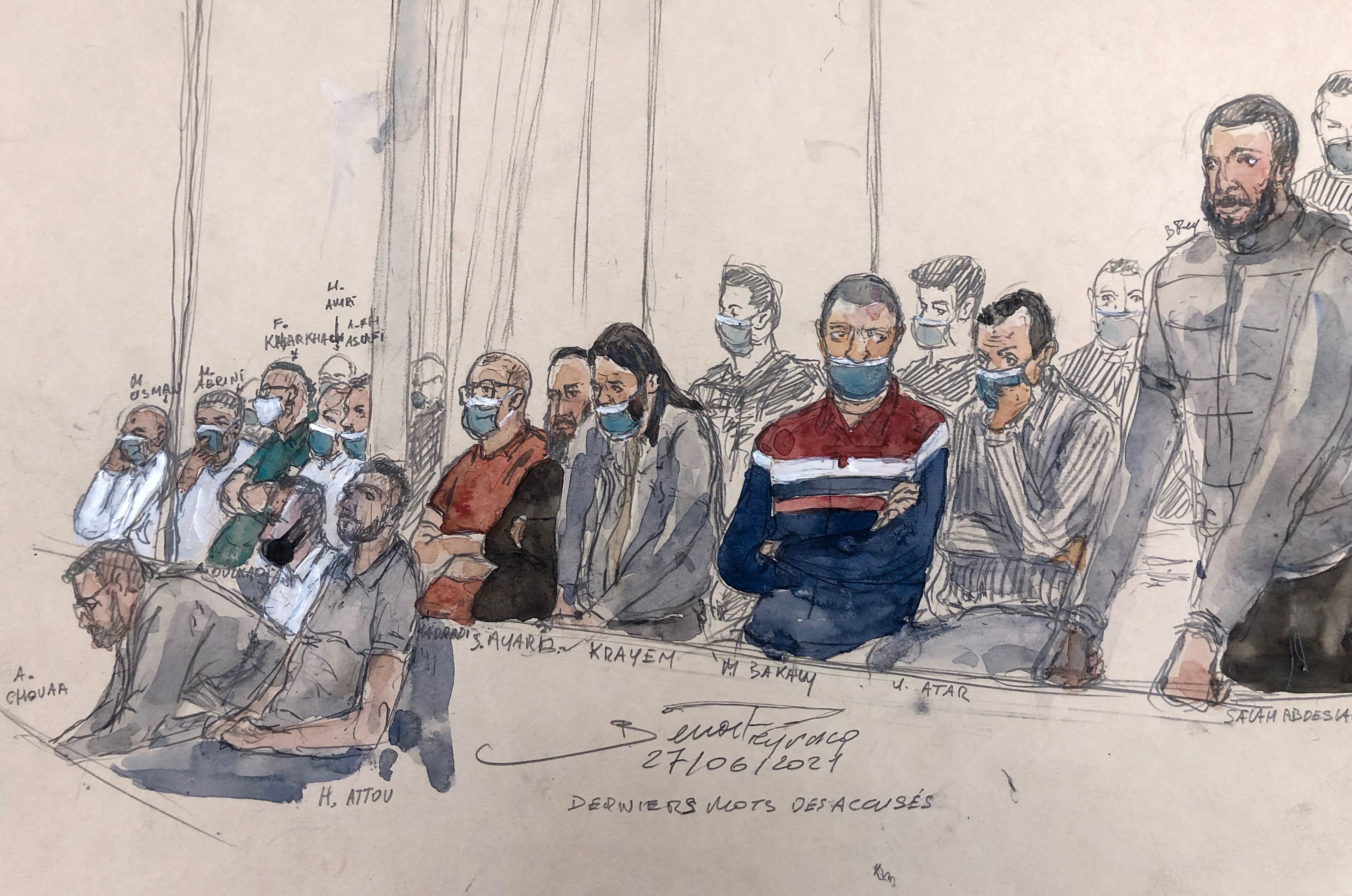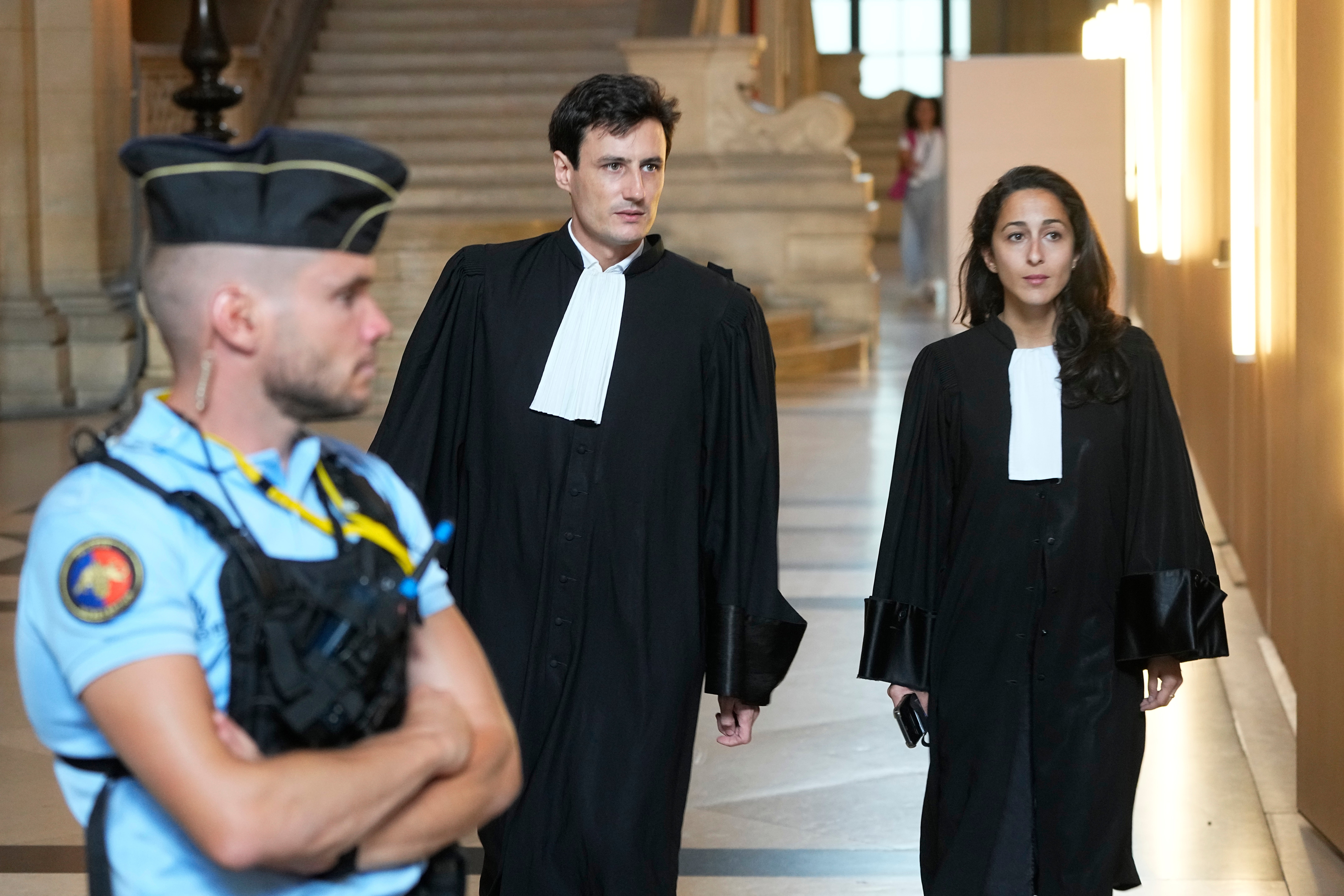
The only surviving suicide bomber of the 2015 Paris Bataclan terrorist attack that killed 130 people has been found guilty of mass murder and attempted murder.
The conviction of Salah Abdeslam, an Isis fanatic, brings an end to the extraordinary nine-month trial held in the city’s Justice Palace.
He has been sentenced to life in prison without parole on murder and other counts – the harshest sentence available under the French justice system and one which has only been handed out four times.
A further 18 men have been convicted of terrorism-related charges for the Islamic State terrorist attacks on the Bataclan theatre, Paris cafes and France’s national stadium, the Stade de France, in 2015, while one man was convicted on a lesser fraud charge.

The assault constituted the deadliest peacetime attack in French history.
Over the course of the trial, Mr Abdeslam proclaimed his radicalism, wept, offered apologies to victims and pleaded with judges to forgive his “mistakes”.
And in his final court appearance on Monday, he claimed that listening to the victims of the attack, which detailed “so much suffering”, had changed him.
“I have made mistakes, it’s true, but I am not a murderer, I am not a killer,” he claimed.
The majority of the suspects involved with the attack were accused of helping create false identities, transporting the attackers to Europe from Syria or providing them with money, phones, explosives or weapons.
Mr Abdeslam, 32, was the only defendant tried on several counts of murder and kidnapping as a member of a terrorist organisation.
At the start of the trial, the Belgium-born Frenchman with Moroccan roots proudly said that he was a “soldier” of Islamic State, which has claimed responsibility for the attacks.

He also told the court that he had had chosen at the last minute not to detonate his explosive vest. The court ruled otherwise, based on the investigations and hearings.
“The court considered that the explosive vest malfunctioned,” the sitting judge, Jean-Louis Peries, said.
“All defendants are found guilty on all counts,” he added, with the exception of terrorism charges for one of the less prominent accused.
The protracted trial devoted much of its proceedings to allowing victims to testify in detail about their ordeal and their struggles in overcoming it, while families of those killed spoke of how hard it was to move on.
Dominique Kielemoes, whose son bled to death in one of the cafes, told the court in September 2021: “The assassins, these terrorists, thought they were firing into the crowd, into a mass of people.”
She said that hearing the testimony of victims was “crucial to both their own healing and that of the nation. It wasn’t a mass – these were individuals who had a life, who loved, had hopes and expectations,” she said.

Thirteen other people, 10 of whom are also in custody, were also in the courtroom during the hearings, accused of crimes ranging from helping provide the attackers with weapons or cars to planning to take part in the attack. Six more were tried in their absence.
With additional reporting from the Associated Press and Reuters







